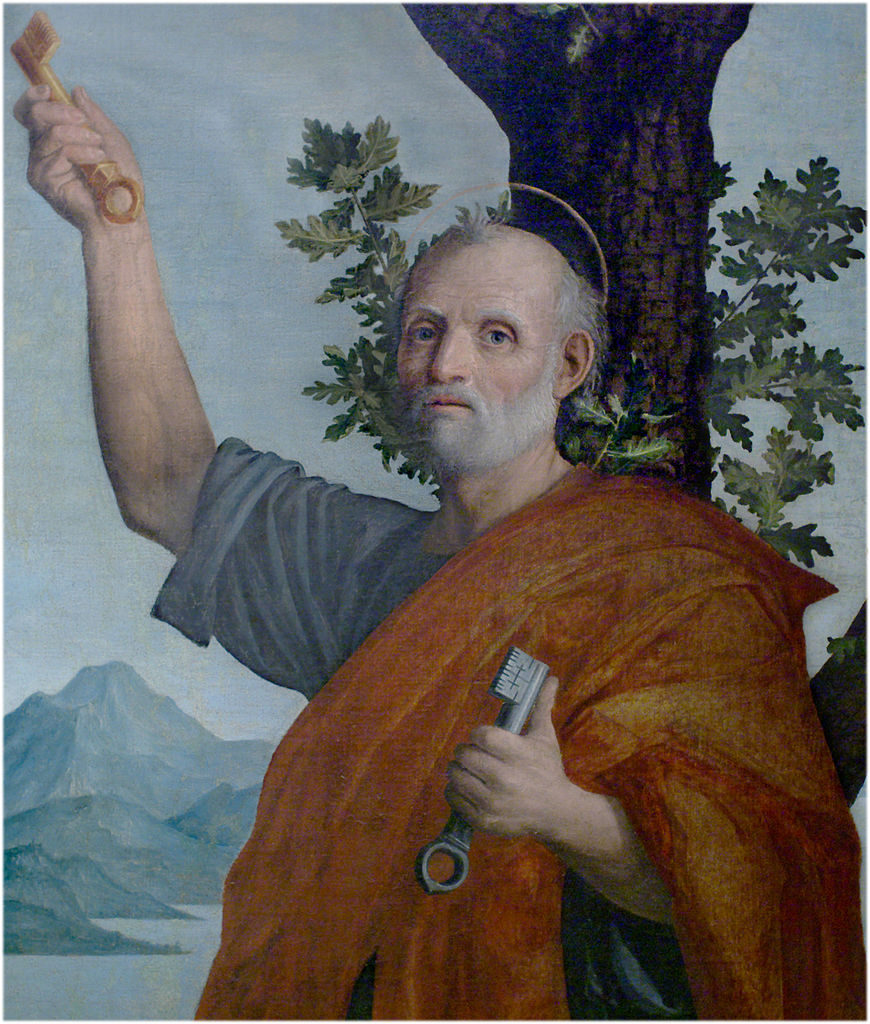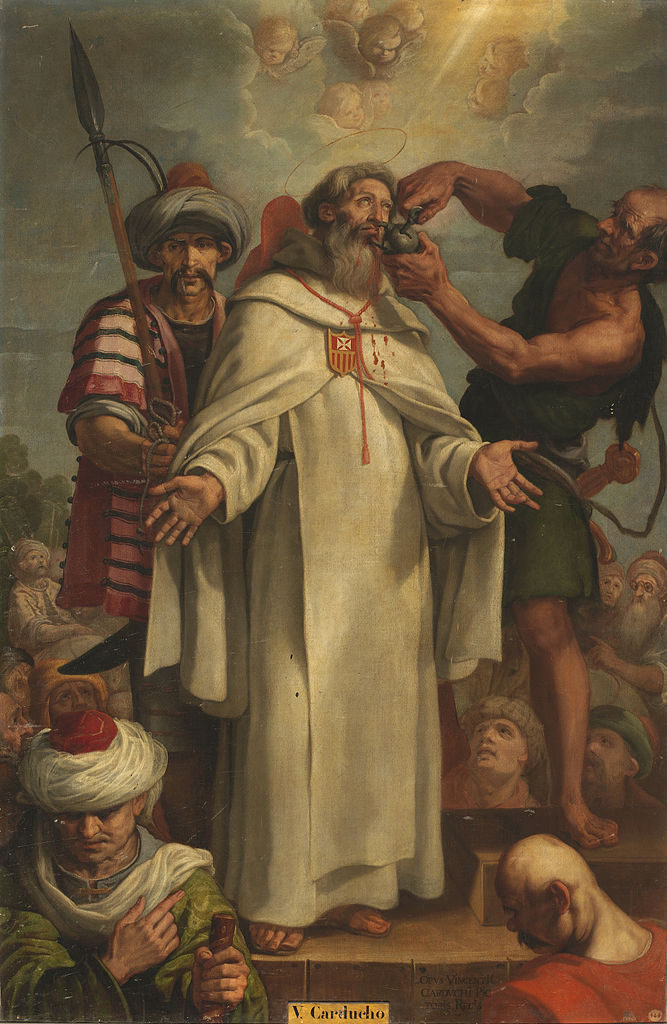“He knew it was a key, but he didn’t know how to use it.” That comment, voiced by a woman on my tour, has stayed on my mind and provokes today’s essay.
Working as a professor on tours allows me to spend significant time with people born before or during the Second World War. Virtually all went to public schools at a time when public education was very good. Clearly the rigor of that education served them well, based on the high accomplishments evidenced across the groups.

Women from that generation, though, were severely limited in their choices if they sought work outside of the home. Most doors were shut to them. My heart broke recently when a woman born around 1944 revealed how intensely she aspired as a teen to become an astronaut. After all, what was more exciting than Space during the 1950s? But that career path was shut for females, so she studied to be a nurse as a stepping-stone to becoming a stewardess (flight-attendant for ye young-un’s). Ultimately she stayed in nursing, became a specialist in neonatal care, and the rest is, as they say, history.
Yet, her point in relaying this part of her story over dinner was to affirm that, yes, she too acknowledged her public-school education would have prepared her for any path.
Except now we are gripped in a situation where public education, step-by-step, undoes far too many bright youngsters. And it’s not just “book-learning” that fails. It’s the transfer of common-sense knowledge and skills within families: the ability to function without the aid of a digital device to find one’s way to a store or, as it turns out, the operation a metal key.
Of course, every generation has lamented the knowledge lost by the next generation. But the gulf today seems exceptionally wide. Basic skills required for living throughout centuries are disappearing before our eyes. They are replaced by a confidence that electronic devices will do the same thing our minds once did.
I know, I know. We once all needed buggy whips. Then came the motor car, and we didn’t. But what about the ability to dice an onion, use scissors, or turn a key?
The “key” story was told by a woman who had rented a vacation cabin for her extended family. She handed her seventh-grade grandson a key and asked him to open the door. Yes, he knew what it was for. But he had no idea how to use it. In his home, he proudly proclaimed, everything operated with a digital keypad or through voice activation. He had never used a key.
I should have seen this story coming, but I was stunned. Initially dismissing it as a weird and exceptional account, I later reflected: surely this child is one of thousands of kids, particularly within more affluent demographics, who have never turned a key.

Do we need to preserve “the key” as vital part of our cultural heritage? I vote yes. There are the practical reasons, like we might need keys during extended ice storms. What happens when Alexa loses the power to control the doors, turn on the (at that point useless electric) oven, or regulate the in-floor heating? How shocked kids will be when they realize their digital masters are not concerned with their sufferings.
But what about the literary, artistic, and historical aspects of the key? We were just in the Abbey at Melk, where a magnificent wooden casket (chest) from the Renaissance boasts a mechanism consisting of 20 locks that move in simultaneity when triggered by a special key. The moving parts still function like clockwork.
A key is a powerful theological symbol too. It’s a common element of our languages as well. Think of the treasury of expressions about keys in virtually any language: key to my heart, a key moment, key elements, under lock and key. Keywords. The list is longer than I could write.
Beyond that, uncertainty how to turn a key is yet another witness to our culture’s downhill slide where basic skills of life are seen as obsolete by the tech-savvy young. After all, these are the same kids who have been told in public schools that handwriting is a frill from the past (rather than a critical developmental skill necessary for forming our minds). Glued to their iPads and mothers’ phones, they are helpless not just with keys, but with scissors, crayons, glue, and paper clips.
Doom and gloom aside, I want to convey just how uplifted older people are when I, gingerly, selectively, indicate that there might be a counter-movement on the rise. They do not realize just how many people are fighting back (you!).
If I find receptivity to my gentle statements, and I often do, I go a step further and explain the seemingly innovative, but actually ancient, pedagogical decisions many of you make daily regarding your children’s and students’ education. Eyes open wide, trust me.
When more curiosity is expressed, I go a little further, narrating the story behind specific presses, or the paths taken by authors, speakers, and visionaries in the revival of traditional and Classical curricula. I tell them about kids I actually know who memorize swaths of poetry or groups of the Psalms. Kids who study Latin or Greek, who love libraries and are, in some cases, being formed by the Great Books. I tell them about the teachers and parents who cherish the fact that the Fine Arts can, and must, be interwoven into each academic discipline at every age (not just in pre-school).

They are wowed. Some barely believe me. But some, usually right before our tour ends, take me aside and say, “You know, my daughter-in-law is homeschooing her three, and we were appalled at first. But you should see what my grandkids can do.” Or, “my grandson just was put into a Classical middle-school and, believe it or not, he tells me Latin is interesting and not all that hard.”
I love these moments. As my fellow-travelers share their life stories, their reading lists and knowledge of films and cultural events, I can share back not only the information in my formal lectures, but a bit about what we and this inspiring circle of colleagues, friends, and families do.
So I hope you won’t tire of me continuing to applaud you. But I also encourage you: please try to spread the news of what you’re doing to people significantly older than you—folks of “grandparent” and “great-grandparent” ages. These people are often unaware of the waves of change you are setting in motion. Most will be encouraged to know that there are children returning to Latin, embracing classic literature, focusing on traditional mathematics, and studying rhetoric and logic. And they will be thrilled to learn that you and your family value the Fine Arts.
They will be even more thrilled to know that you make it a normal thing to teach your kids how to tie their shoes (not just rely on velcro), operate scissors well, hold pencils properly, and paste paper together. Many of you make sure your children can run the washing machine, fold clothes and even hand wash, crack eggs, chop veggies, clip the dog’s hair (and maybe their younger siblings’), and hoe a garden.
And you have not thrown out handwriting. (Ten thousand cheers for you!) Plus, my guess is that your children can turn a key.



